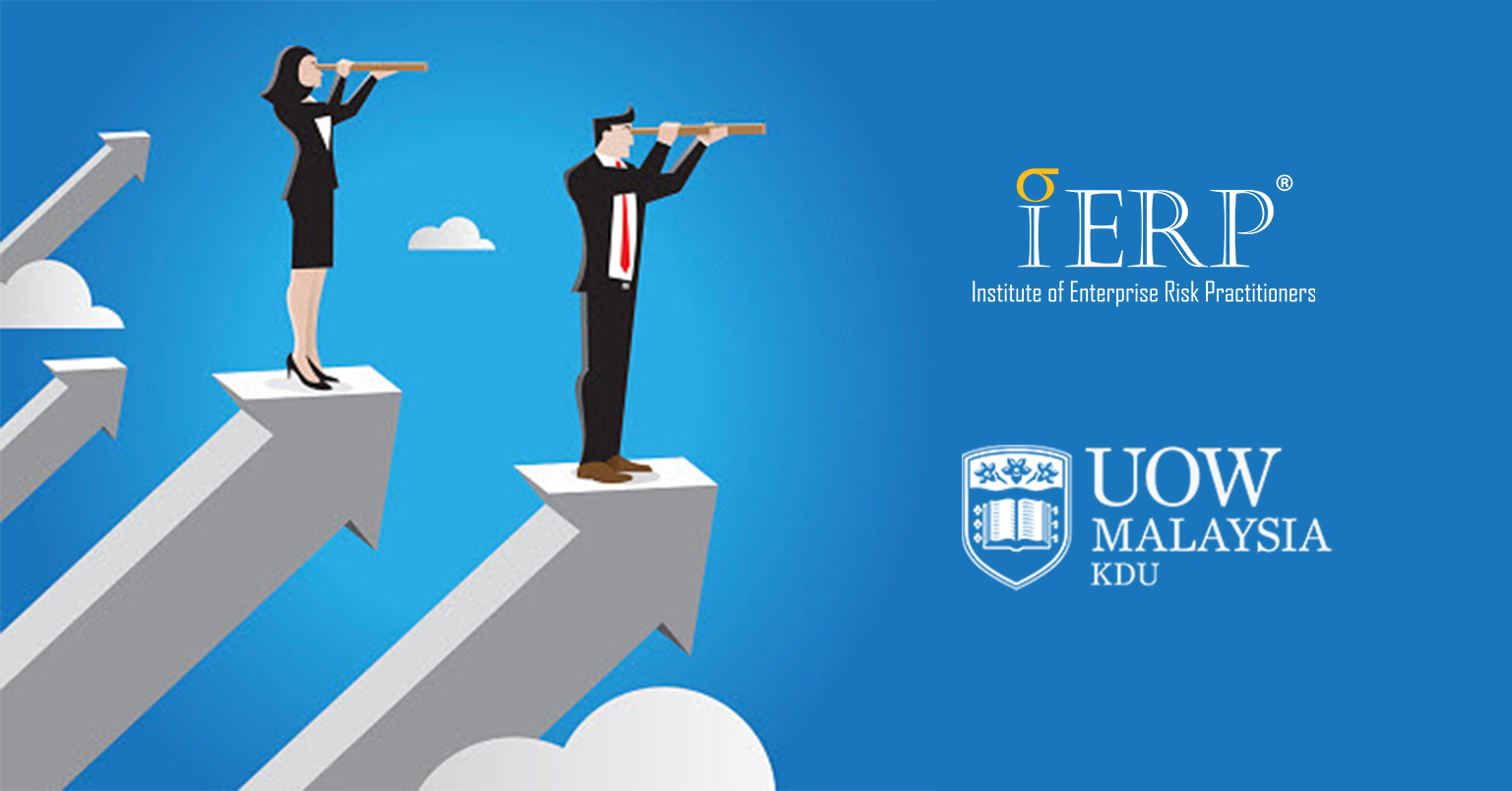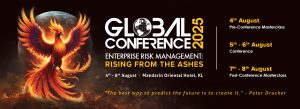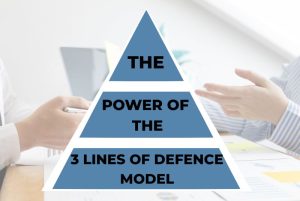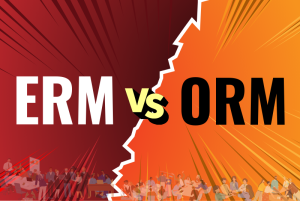A recent IERP®-UoW Townhall session focused on the potential of risk management as a long-term, lucrative career, with presenter Ramesh Pillai, Chairman of the IERP® stating right at the outset, that risk management was not so much about helping businesses avoid risks, as about helping organisations achieve their objectives. “It’s not about risk avoidance,” he said. “It’s about how much risk you want to take; about taking risks to achieve better returns. The higher the risk, the higher the returns.” Many management professionals do not know how to do this, he added, cautioning that it was not something gleaned overnight, even with the appropriate educational credentials.
There is often a disconnect between strategy and tactical behaviour, or a lack of coordination, with no harmonisation of business goals. ERM helps the business to focus on a reorientation or realignment of processes which help the business achieve its goals, and operate sustainably.
Organisations have to be sustainable to carry on doing business; they need to strike a balance between utilising and optimising their resources. Simultaneously, there is engagement with stakeholders to consider, and the constant need to build value for the firm. “Building value is not the same as making a profit,” Ramesh pointed out. “A firm may decide that short-term losses may more effectively build brand value in the long run, and gain a larger market share.” Numerous elements need to be balanced in the current business environment, compounded by the fact that the environment itself is dynamic – becoming what is described as VUCA: volatile, uncertain, complex and ambiguous.
Remarking that there was a perception of the world as spinning out of control with growing risks of extensive flooding due to climate change for example, it is increasingly becoming about how people behave as well, when confronted with VUCA. Technology such as artificial intelligence and machine learning cannot help very much because human unpredictability is too difficult to track. “In Risk Management, the best AI can do is give options, not make decisions,” he said. “ERM needs planning, foresight, judgement, collaboration, viewpoints, negotiation, compromise – all human attributes. No algorithm can fully support this.”
Risk management also takes culture into account, together with the psychology of decision-making, and analyses pressure points. Amid all this upheaval, there is a need for individual organisations to identify and understand their respective balancing points for risk. They need to prioritise, and strengthen business processes. Enterprise risk professionals can help management to identify and capitalise on business opportunities. “Knowing how to balance risks or effectively manage trade-offs is entrepreneurial risk-taking,” Ramesh said. “Risk is a hazard or threat, or uncertainty. But it can also be an opportunity.”
What is important is the need to balance high and low risk, which is something that can be anticipated with the application of ERM. This is managed through the constant engagement with people, to build better anticipation of what may happen. Risk management has moved away from traditional activities like value preservation in recent years, and its focus now was more on value creation. “It’s about being on the offensive, rather than taking a defensive position,” he said. “Risk managers today need to be brighter, smarter, quicker. Trends are changing. Before it used to be Chief Financial Officers, CFOs, who were likely to become CEOs. Today, it’s the Chief Risk Officer.”
This is because the skills cultivated by CROs are generally more aligned to what is required of CEOs. There are a lot of grey areas in business, he added, and context matters; thus, CROs need appropriate EQ levels that will allow them to constantly operate outside their comfort zones. “That’s what CROs do – they are always looking at difficult or awkward things,” he said. “But the emphasis is not on what can go wrong. It is on identifying opportunities that the organisation can capitalise on.” For this, risk managers will need the appropriate skillsets. “You require creativity, imagination, judgement, compromise and moral courage to future-proof your career,” he advised.
Urging risk professionals to “look at the big risk management picture and take smart risks,” he stressed that going forward, the thrust will be for careers that AI and algorithms cannot replicate. Because it is at a relatively nascent stage of development, he said that ERM will be a profession that will be “safe” for at least 20 years, as professional risk managers develop and the industry matures. Remarking that the profession itself was quite a lucrative one, he emphasised nevertheless that those considering a future in risk management need to “put your backs into it. You will have to move out of your comfort zone, take chances, and have an expansive mind.”
The up side to all this is that large organisations are usually willing to spend on ERM, and it is becoming increasingly in demand globally. An international professional qualification in ERM, such as that offered by the IERP®, or an academic qualification in ERM such as that offered by several universities affiliated with the IERP, will thus stand potential risk managers in good stead. But the onus is on future CROs to get the right experience and insights, and learn the right things. While large organisations may be attractive, starting an ERM career in a firm which is only just establishing itself may be a better training ground for the risk professional intent on developing much-needed ERM skillsets, and the prerequisite maturity which is at its core.
“Machine learning, artificial intelligence, algorithms – all these cannot replicate the EQ or maturity of the individual,” he reiterated. “Higher level tasks will always need higher thinking skills for decision-making – which machine learning cannot currently do effectively in relation to ERM.”





























